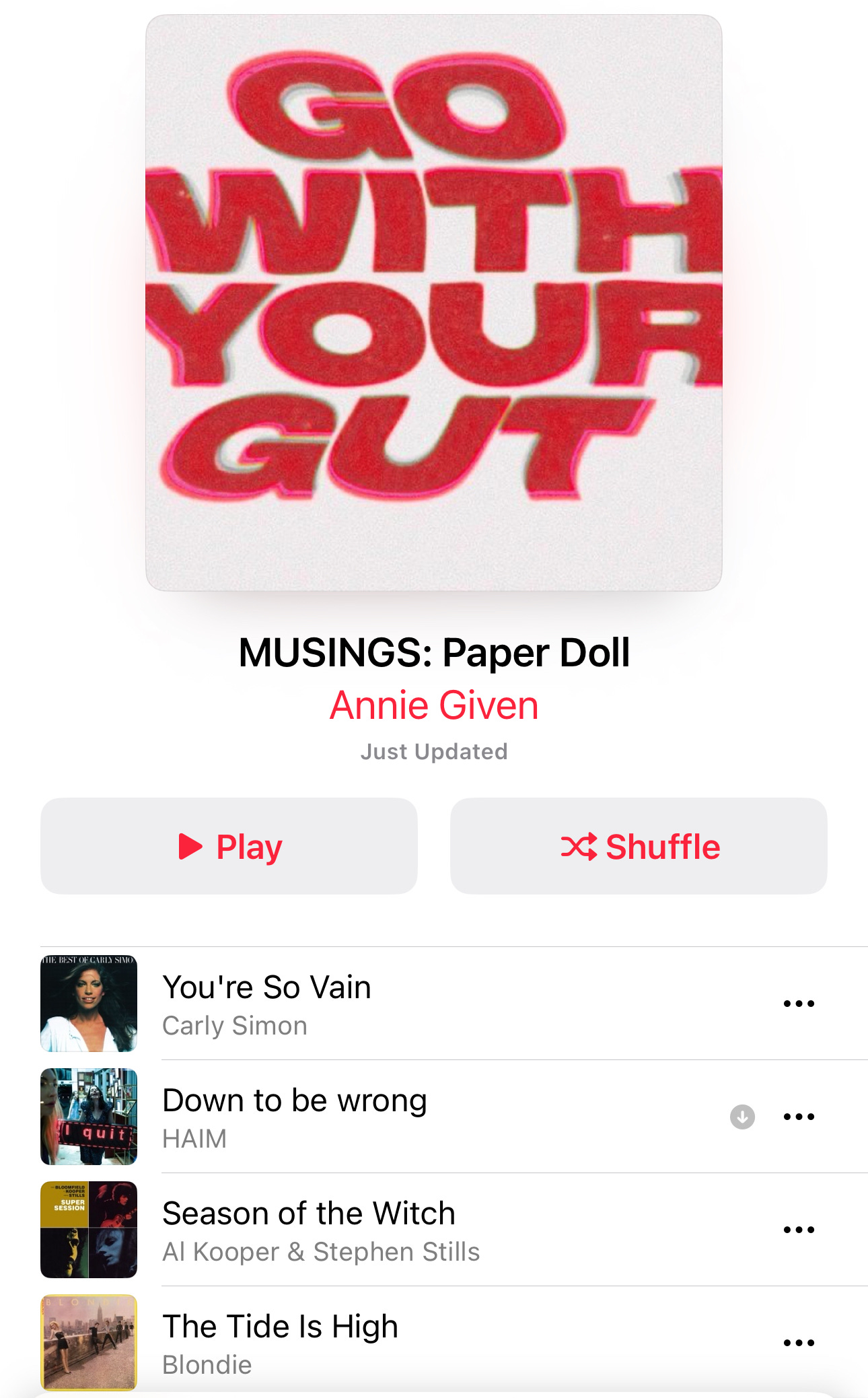There’s a certain kind of girl in Los Angeles — and there are more of them than you think — who was never real to begin with. You know the type. She floats through gallery openings and dinner parties like vapor, always just on the edge of becoming someone. Her smile is practiced, her laugh is always a beat too eager, and her stories — if you listen closely — don’t quite belong to her.
She’s built from borrowed pieces. A little of your confidence. Her friend’s childhood trauma. Someone’s ex-boyfriend’s playlist. Her entire identity is a collage of affect and suggestion, magazine tears and mimicked pain. You could feel her studying you when you speak — not with curiosity, but calculation. She is inventorying. Curating. Planning.
That wasn’t her name, of course. Her real name was something neutral — something you’d forget before the valet brought your car around. Hailey was the name she gave her “self,” or the one we gave her without realizing. It fit the performance.
Because that’s what Hailey was: a performance. Not in the dramatic sense — not a woman in costume or deceit — but in the quieter, more insidious way. Her life was an audition. Her self, a role she was still rehearsing.
Hailey didn’t lie. That would’ve required conviction. What she did was more delicate, more refined. She edited. She excerpted. She absorbed. She collected bits of other people the way a magpie collects glittering things — not because she needed them, but because she had nothing of her own.
At first, it looked like charisma. The way she leaned in too far, wide-eyed and breathless, as if your boring little anecdote were a rare treasure. She made you feel fascinating. Seen. But she wasn’t really listening. She was scanning. Choosing. Measuring what of you she could take and wear and repurpose as her own.
I should’ve known the first time it happened. I was at a party — one of those over lit LA apartments that always smell like weed and hand lotion — and she told a story. My story. Word for word. Down to the punchline I’d made offhand a week earlier. When I said something, she just tilted her head and smiled.
“Oh,” she said, “I didn’t realize. I guess we’re just the same kind of person.”
And the worst part? I almost believed her. That’s how good she was. She didn’t steal like a thief. She made it feel like intimacy. Like kinship. Like shared memory.
The first boyfriend she took wasn’t mine. If he had been, maybe I would’ve felt the pain more cleanly. Instead, I watched it happen to someone else — a soft, unguarded girl with kind eyes and a boyfriend who wore threadbare sweatshirts and told bad jokes in earnest. Hailey studied him the way she studied all her subjects — gently, surgically — until he was hers. No scene. No wreckage. Just absence. And somehow, we blamed him.
That was her talent. She made you doubt the facts. She didn’t argue; she disoriented. Gaslighting, in her hands, was less a tactic and more a performance art — subtle, fluid, mesmerizing to watch. By the time you realized you’d been rewritten in your own story, she was already quoting your best lines to someone else.
The second time she did it, I saw it happen. I mean really saw it. I watched her eyes go glassy with fascination, watched her tilt her head and rearrange her whole personality in real-time. She changed her hair. She changed her job. She parroted someone’s politics, their playlists, their most private heartbreaks. It wasn’t desire — it was conquest. She wanted to be loved by association. If she could mimic someone perfectly enough, maybe she’d become lovable herself.
Girls like Hailey don’t burn things down. They just unravel them. One thread at a time. A friendship. A phrase. A mood. Until you find yourself sitting on the curb outside a party, wondering how your life ended up slightly off-axis — familiar, but stretched and hollow in all the wrong places.
The truth is, Hailey wasn’t unusual. She was just an advanced case. Los Angeles is built on girls like her — paper dolls, cut to fit the moment. Girls who dress like memory, who speak in borrowed dialogue, who believe that style is the same as substance. You see them everywhere: at Erewhon, on dating apps, floating through the filtered haze of someone else’s story.
Ask one what she wants, and she’ll say, “To create.” Ask what she’s making, and she’ll say, “Myself.” As if that were enough. As if becoming were the same thing as being.
Sometimes, I think Hailey wasn’t malicious — just empty. A vacuum in a girl’s shape, designed only to absorb. A shadow that passed through our lives, slick with the fingerprints of every person she’d ever pretended to be. She didn’t want to destroy anything. She just didn’t know how to build.
And still — I catch glimpses. At brunch. In the background of someone’s Instagram story. A laugh that doesn’t quite match the eyes. A story I once told, now stripped and sewn into someone else’s bio.
Hailey never disappeared. She just found a new skin.
She wasn’t the villain of my story. She wasn’t important enough for that. Villains have agency. Hailey was something thinner — a symptom, not a cause. A weather pattern that passed through, left everything slightly distorted, and moved on. Barefoot. Smiling. Humming some half-remembered tune she stole from someone better.
Authenticity in this city is a rare and quiet thing. It's not aesthetic. It doesn’t photograph well. It’s messy. Unmarketable. The girls who have it don’t shout about it. They’re not always cool or stylish. But you remember them. Their stories don’t change. Their eyes match their mouths.
As for Hailey - some people just drift through life, leaving more questions than consequences.







